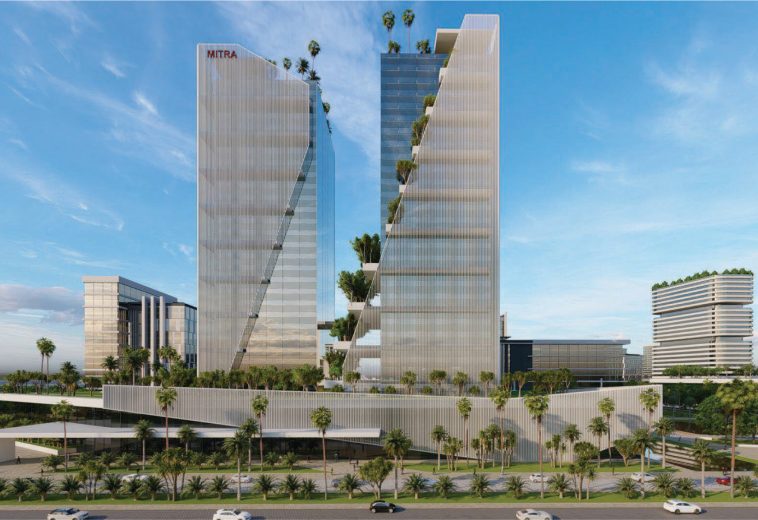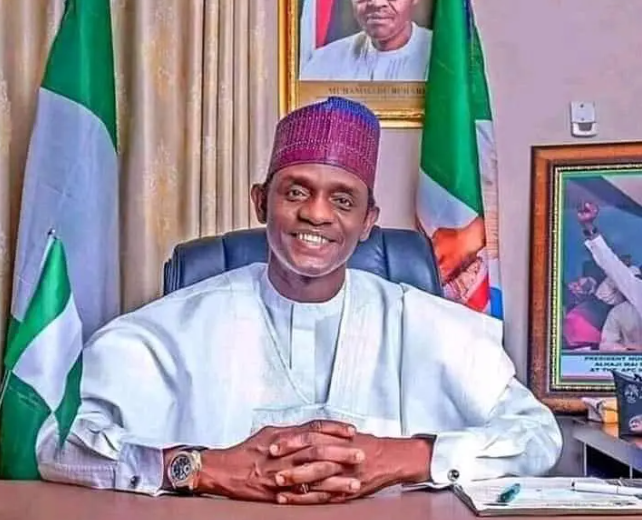International relations pivot significantly on foreign aid, a critical support system provided by developed nations to their less affluent counterparts. In the African context, these aids traverse a broad spectrum, addressing humanitarian needs and steering economic development. However, their influence on the political landscapes of African nations is intricate and multifaceted.
The aid dynamics originate with conditions attached by donor countries, an aspect that has sparked both progress and controversy across the African continent. While instrumental in tackling developmental challenges, these aid terms often tilt in favour of developed nations, exacerbating economic challenges in African countries. Sources like the United States Agency for International Development (USAID), International Monetary Fund (IMF) grants, World Bank funding, UNICEF initiatives, and Chinese loans form the cornerstone of foreign aid in Africa, driving a delicate balance between progress and indebtedness.
The myriad forms of international aid span diverse categories, each with its own specific impact on African nations. From military support encompassing personnel, weapons, and training to technical assistance fostering expertise exchange, aid extends its reach to the financial, industrial, social, and cultural spheres. However, this extensive aid landscape, while addressing humanitarian needs, paradoxically contributes to the deepening debt crisis in several African countries.
The symbiotic relationship between donor nations and African recipients intricately dictates aid dynamics. Donors wield financial control, while recipients assert sovereign authority. NGOs and development firms serve as intermediaries for aid distribution, perpetuating dependency patterns that complicate altering power dynamics. This paradoxical situation of purported development through aid exacerbating underdevelopment further plagues impoverished African nations trapped in cycles of compounded debt.
The imprint of foreign aid on African political terrain is undeniable, steering policies and influencing governance. While aid conditions ostensibly aim at fostering responsible governance and economic reforms, their implications often dictate policy alignments for political parties. The consequential alignment of policies with donor conditions is apparent in Ghana’s strides, particularly in education and agriculture investments that catalysed the nation’s economic development.
Governments leverage foreign aid to fortify national institutions, focusing on technical support and education to strengthen the legislative, executive, and judicial branches. Botswana’s success in aligning foreign aid with national development plans exemplifies a blueprint for self-reliance and economic progress. Yet, the unequal distribution of aid exacerbates regional disparities, perpetuating marginalisation in specific regions and impacting developmental priorities in African nations.
However, the influx of foreign aid presents a dichotomy; while intended to counteract corruption and mismanagement, it paradoxically exacerbates these issues. Funds often fall prey to diversion into private accounts or projects benefiting political elites. The correlation between heightened levels of foreign aid and increased corruption undermines governance enhancements, perpetuating institutional decay.
Navigating the path towards progress demands recalibration and strategic approaches. African nations must champion accountability, transparency, and robust checks and balances to counteract these challenges. Fostering indigenous industries and attracting international investments stand as pivotal strategies to diversify financial sources and steer clear of aid-induced dependencies.
Achieving a more equitable relationship necessitates combating corruption, bolstering governance, and engaging in diplomatic negotiations with donor nations. Striking a balance between foreign aid demands and the sovereignty of African nations is crucial for fostering sustainable development and liberating countries from perpetual aid dependence.
The interplay between international aid and African politics is an ongoing narrative, fraught with challenges yet brimming with the potential for transformative change.


